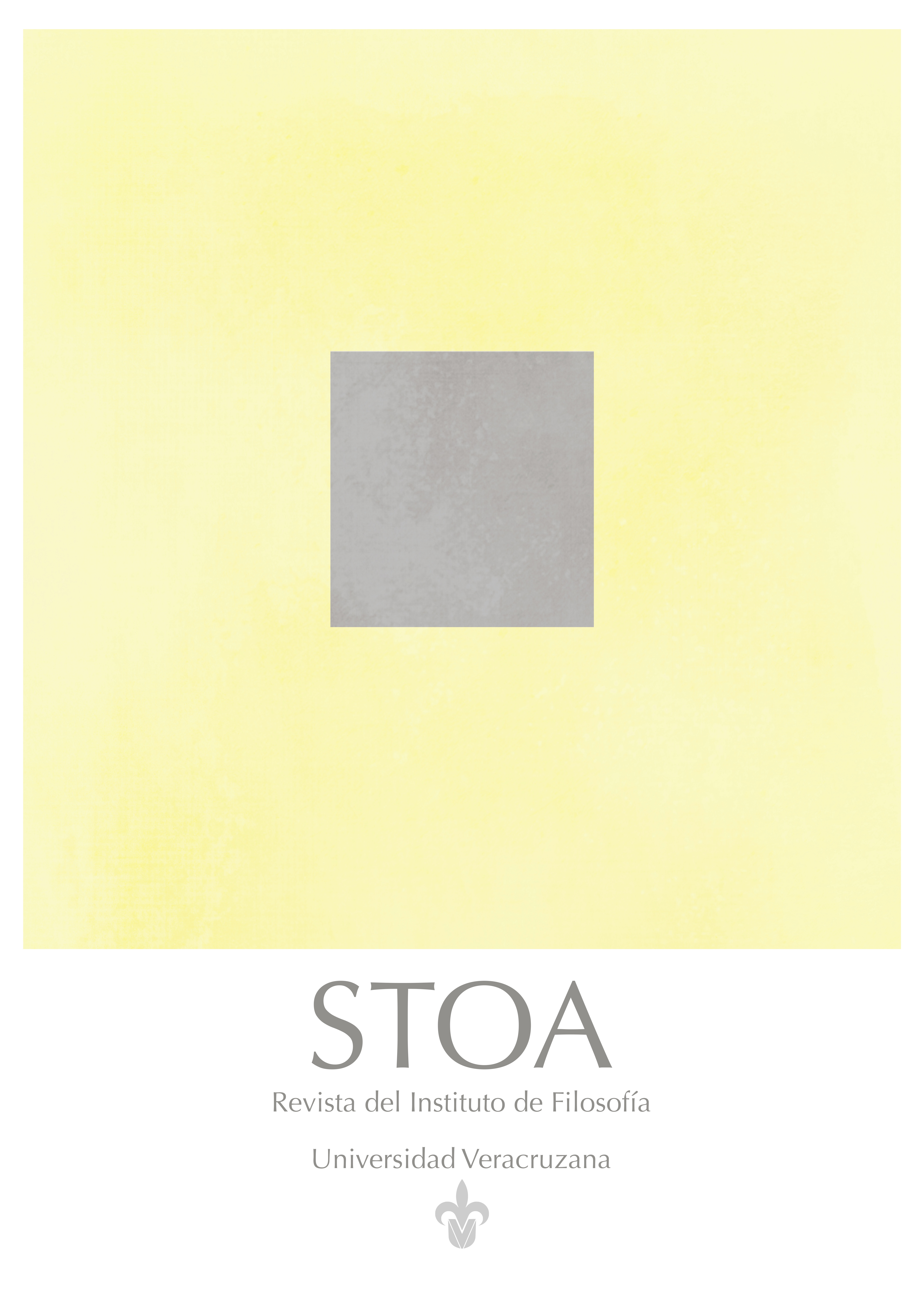Abstract
This study attempts to project a systematic reflection of the articulation of the history of philosophy from its problems. This projection will be taken from the ideas of W. Dilthey and N. Hartmann. I will begin by justifying the current relevance of joint reflection from both thinkers, to then make a concise presentation of his proposals around the systematic function of the history of philosophy. In the light of this exposition, closeness and distances between them must be visible so that they can be recognized in their own basic convictions. Finally, I will aim at the essential performance of the approach of the history of philosophy from its problems, aiming to the decentralization of the historical narrative focused on trends and their representatives, and pointing to the enhancement of problematic thinking, through which thinkers have repeatedly taken on the nexus of problems in which the enigma of life and world is tied.
STOA is a biannual publication edited by the Institute of Philosophy of the Universidad Veracruzana, Tuxpan, No. 29, Frac. Veracruz, C.P. 91020, Xalapa, Ver., Tel. 8154285, http://www.uv.mx/filosofia. Responsible editor: Jesús Turiso Sebastián. Exclusive Use Rights Reservation No. 04-2008-121012511200-203, granted by the Copyright Reservation Directorate of the National Institute of Copyright of the Secretariat of Public Education, ISSN: 2007-1868. Responsible for the last modification of this issue: Jesús Turiso Sebastián, Tuxpan, No. 29, Frac. Veracruz, C.P. 91020, date of last modification August 5, 2011. Distribution and digital support by the Academic Software Development Department of the Universidad Veracruzana.
The opinions expressed by the authors do not necessarily reflect the position of the editor of the publication. Reproduction by any means of the texts published in this journal may be done as long as the source is cited, including the name of the author, the name and number of the journal, and its electronic address. For more information write to revistastoa@uv.mx.
Revista Stoa is a completely free publication, with no cost for processing or receiving articles and free access.
This work is under a Creative Commons Attribution-NonCommercial-ShareAlike 4.0 International license.

